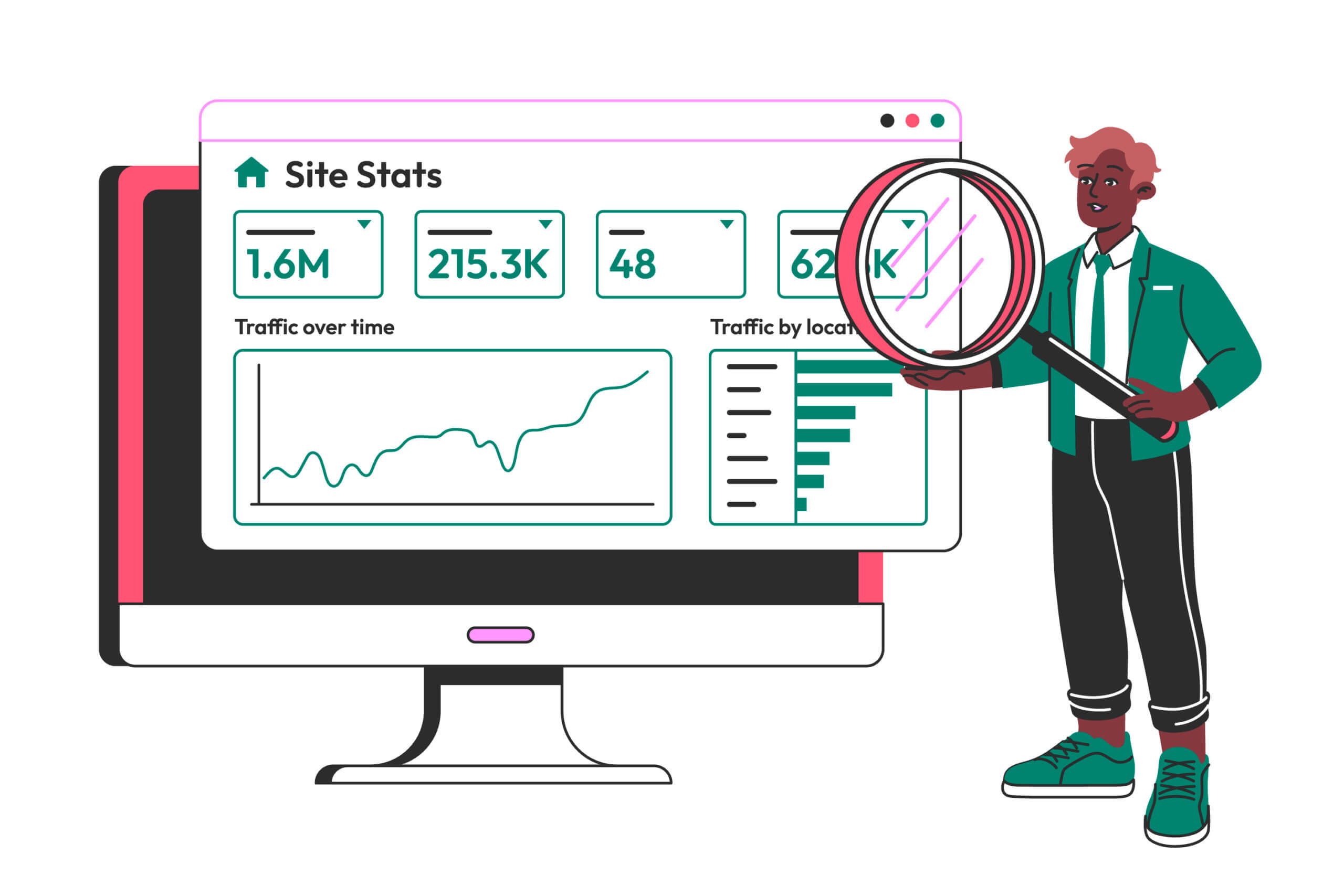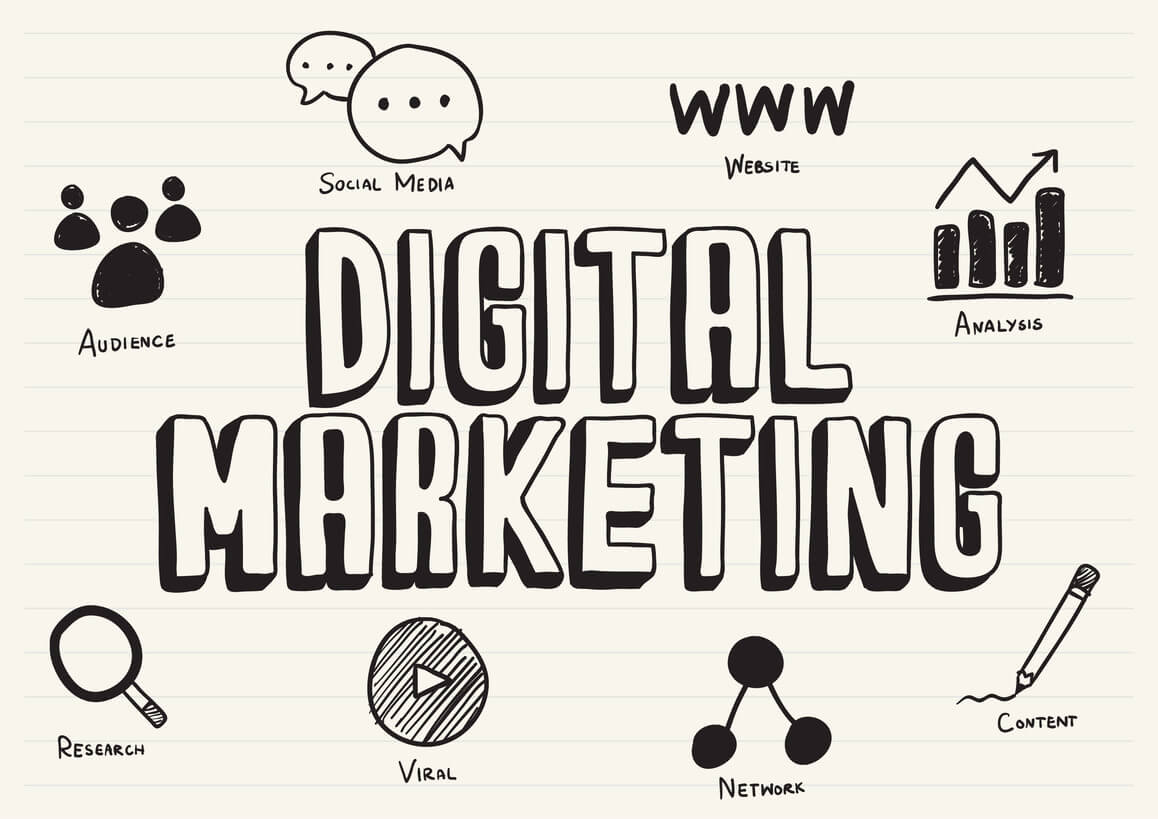
Introduction
In today’s digital era, a strong online presence is vital for businesses to thrive and succeed. Digital marketing has emerged as a powerful tool to reach and engage with a wider audience. However, creating and implementing an effective digital marketing campaign requires careful planning, strategic thinking, and continuous adaptation. In this article, we will explore the essential strategies that can help you build a successful digital marketing campaign and achieve your business goals.
What is a Digital Marketing Campaign?
Before diving into the strategies, let’s first define what a digital marketing campaign entails. A digital marketing campaign refers to a series of targeted and coordinated activities across various online platforms, such as search engines, social media, email, and websites, with the aim of promoting a product, service, or brand. It involves leveraging digital channels to increase brand awareness, generate leads, drive website traffic, and ultimately convert prospects into loyal customers.
The Importance of an Effective Digital Marketing Campaign
A well-executed digital marketing campaign can yield numerous benefits for businesses. It enables you to:
- Expand your reach: By leveraging the power of the internet, you can reach a global audience, regardless of geographical boundaries.
- Increase brand visibility: With effective digital marketing strategies, you can boost your brand’s online visibility and create a strong brand presence.
- Generate targeted leads: Digital marketing allows you to target specific demographics, interests, and behaviors, ensuring your message reaches the right audience.
- Drive website traffic: By optimizing your digital marketing efforts, you can attract quality traffic to your website, increasing the chances of conversion.
- Improve customer engagement: Through interactive content, social media interactions, and personalized experiences, digital marketing enables you to engage with your audience on a deeper level.
- Gain valuable insights: Digital marketing provides valuable data and analytics, allowing you to measure the success of your campaigns, identify areas for improvement, and make data-driven decisions.
Now that we understand the significance of a strong digital marketing campaign, let’s delve into the strategies that can help you build one.
Strategy 1: Define Your Goals and Objectives
Setting clear and measurable goals is the first step towards building an effective digital marketing campaign. Your goals should align with your overall business objectives and be specific, measurable, achievable, relevant, and time-bound (SMART). Whether you aim to increase brand awareness, drive website traffic, generate leads, or boost conversions, defining your goals will provide direction and focus for your campaign.
Strategy 2: Identify Your Target Audience
Understanding your target audience is crucial for tailoring your marketing efforts effectively. Conduct thorough market research to identify your ideal customer profiles, their demographics, interests, preferences, and online behavior. This information will help you create personalized and targeted campaigns that resonate with your audience, increasing the likelihood of engagement and conversion.
Strategy 3: Conduct a Competitor Analysis
Analyzing your competitors’ digital marketing strategies can offer valuable insights and help you identify gaps and opportunities in the market. Study their online presence, content strategies, social media engagement, and keyword targeting. This knowledge will guide you in differentiating your brand and positioning yourself strategically to gain a competitive advantage.
Strategy 4: Develop Compelling and Engaging Content
Content lies at the heart of any successful digital marketing campaign. Create high-quality, informative, and engaging content that adds value to your target audience. Whether it’s blog posts, videos, infographics, or social media posts, ensure that your content is well-crafted, visually appealing, and optimized for search engines. Incorporate relevant keywords naturally throughout your content to improve search engine visibility and attract organic traffic.
Strategy 5: Leverage Social Media Platforms
Social media has revolutionized the way businesses connect with their audience. Identify the social media platforms that align with your target audience and develop a strong presence on those platforms. Create compelling profiles, share valuable content, engage with your followers, and leverage social media advertising to expand your reach and drive engagement.
Strategy 6: Optimize for Search Engines
Search engine optimization (SEO) plays a critical role in improving your website’s visibility and driving organic traffic. Conduct keyword research to identify relevant keywords and phrases that your target audience is searching for. Optimize your website’s on-page elements, such as titles, meta descriptions, headings, and content, to make it search engine-friendly. Focus on providing a seamless user experience, optimizing site speed, and building quality backlinks to improve your search engine rankings.
Strategy 7: Embrace Email Marketing
Email marketing remains one of the most effective channels for nurturing leads and converting them into customers. Build a targeted email list by offering valuable incentives and create personalized and engaging email campaigns. Segment your audience based on their preferences and behaviors to deliver tailored content that resonates with their needs. Monitor email open rates, click-through rates, and conversions to optimize your campaigns for better results.
Strategy 8: Implement Pay-Per-Click Advertising
Pay-per-click (PPC) advertising enables you to reach a highly targeted audience and drive immediate results. Platforms like Google Ads and social media advertising networks offer robust targeting options to help you reach your desired audience. Create compelling ad copy, choose relevant keywords, set a budget, and monitor your campaigns closely to maximize your ROI.
Strategy 9: Monitor and Analyze Results
Regularly monitor and analyze the performance of your digital marketing campaigns to identify what’s working and what needs improvement. Utilize web analytics tools like Google Analytics to track key metrics such as website traffic, conversion rates, bounce rates, and engagement. Use these insights to refine your strategies, optimize your campaigns, and allocate resources effectively.
Frequently Asked Questions (FAQs)
FAQ 1: What are the key components of an effective digital marketing campaign?
An effective digital marketing campaign comprises several key components, including goal setting, audience targeting, competitor analysis, content creation, social media engagement, search engine optimization, email marketing, and performance monitoring.
FAQ 2: How long does it take to see results from a digital marketing campaign?
The timeframe for seeing results from a digital marketing campaign varies depending on various factors, such as your industry, target audience, competition, and the strategies implemented. Generally, it takes time to build momentum and see significant results, so patience and consistency are essential.
FAQ 3: Should I focus on organic or paid digital marketing strategies?
Both organic and paid digital marketing strategies have their merits. Organic strategies, such as SEO and content marketing, provide long-term benefits and sustainable growth. Paid strategies, such as PPC advertising, offer immediate visibility and quick results. It’s often best to employ a combination of both approaches to maximize your reach and achieve your goals.
FAQ 4: How often should I update my digital marketing campaigns?
Digital marketing campaigns require ongoing monitoring, analysis, and optimization. As trends change and consumer behaviors evolve, it’s crucial to stay agile and adapt your strategies accordingly. Regularly review your campaigns, track performance, and make necessary adjustments to stay ahead of the curve.
FAQ 5: What is the role of data analytics in digital marketing campaigns?
Data analytics plays a pivotal role in digital marketing campaigns. It provides valuable insights into consumer behavior, campaign performance, website traffic, and conversions. By analyzing this data, you can make data-driven decisions, optimize your campaigns, and allocate resources effectively to achieve better results.
FAQ 6: How can I measure the success of my digital marketing campaigns?
The success of your digital marketing campaigns can be measured through various metrics, such as website traffic, conversion rates, click-through rates, engagement, and ROI. Set specific goals, track these metrics, and compare them against your objectives to evaluate the effectiveness of your campaigns.
Conclusion
Building an effective digital marketing campaign requires careful planning, strategic thinking, and continuous adaptation. By defining your goals, understanding your audience, creating compelling content, leveraging various online channels, and monitoring your results, you can develop a successful digital marketing campaign that drives engagement, increases brand visibility, and generates tangible results for your business.
Remember, digital marketing is an ever-evolving landscape, so stay updated with the latest trends, embrace new technologies, and be willing to experiment and learn from your experiences. With the right strategies in place, you can unlock the full potential of digital marketing and take your business to new heights.

















